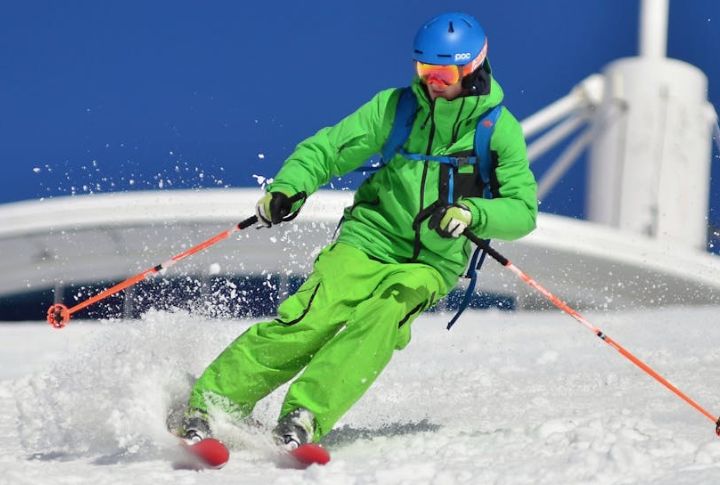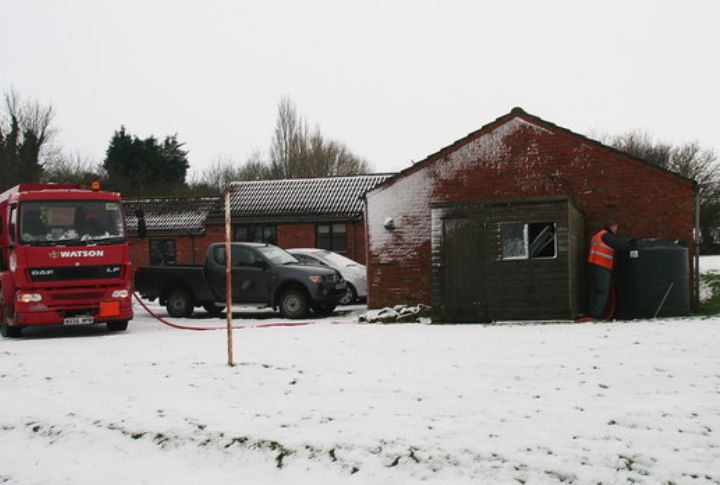
The first crisp morning usually signals more than cooler weather. It marks the moment small financial demands begin stacking up in ways that reshape daily spending. Winter brings familiar challenges, yet the early costs still tend to catch people off balance. Understanding them now helps you move through the season with confidence and a little extra control.
Heating Bill Spike
Cold weather pushes households to use far more energy, and that pressure sends heating bills upward right at the start of winter. Homes that rely on natural gas or electricity feel the jump first, since early-season temperatures force longer run times and immediate strain on monthly budgets.
Snow Removal Services
The first snowfall often triggers a fast expense for anyone unable to clear snow alone. Professional services handle driveways and walkways, and many follow per-storm pricing. After major storms, rates climb further because demand rises sharply and crews charge more for urgent or overtime plowing.
Winter Clothing Purchases
Cold air prompts many people to buy warmer coats, boots, hats, and gloves, creating one of the earliest seasonal purchases. Stores highlight new gear as temperatures drop, and households usually feel the cost immediately because essential items disappear fast once winter clothing becomes necessary for daily comfort.
Car Winterization Costs
Preparing a car for winter places new demands on a budget. Mechanics commonly recommend winter-grade oil and antifreeze adjustments as soon as cold weather appears. Many shops promote bundled packages that include battery checks and wiper replacements, since low temperatures increase the odds of sudden battery failure.
Heating Oil Tank Fill-Up

Households that rely on heating oil usually face a substantial upfront payment at the start of winter because full tanks are essential for steady warmth. Many suppliers attempt to soften the financial hit through budget plans that spread monthly costs while still covering the large seasonal fuel requirement.
Holiday Gift Shopping Rush
Winter begins with a burst of holiday spending as shoppers rush for presents and limited-time retail deals. The season also introduces small but constant add-ons like wrapping paper and last-minute gifts. This wave of activity increases overall spending before the month has a chance to settle.
Childcare During Snow Days
Unexpected school closures force parents to make fast childcare arrangements, and that need turns into an immediate expense. Backup sitters, family help, emergency care programs, and day camps all charge for short-notice support. Some parents also lose income when unpaid leave becomes the only workable option.
Medical Costs For Seasonal Illnesses
Doctor visits and prescriptions increase as winter brings more colds and flu. Even households with insurance feel the jump because co-pays and medication costs build rapidly. Seeking treatment early leads to immediate out-of-pocket expenses that appear as soon as the first wave of seasonal illnesses spreads.
Winter Sports And Recreation Fees
The start of winter brings instant costs for anyone who enjoys seasonal activities. Ski passes, lift tickets, equipment rentals, and ice rink admissions appear right away. Families feel these expenses stack up quickly, especially when multiple outings or indoor skating sessions become part of weekly routines.
Seasonal Parking Costs
Cities hit by heavy snowfall usually enforce strict parking rules that push residents toward paid options. Covered spaces command higher seasonal rates, and snow emergency violations come with fines that exceed standard penalties. Many places also raise winter parking fees, creating early and unavoidable costs for drivers.
